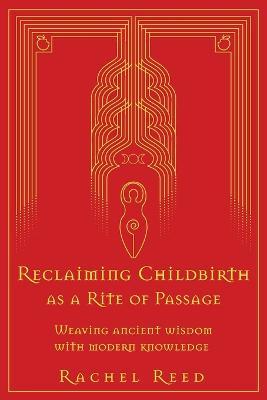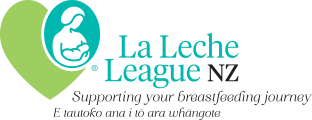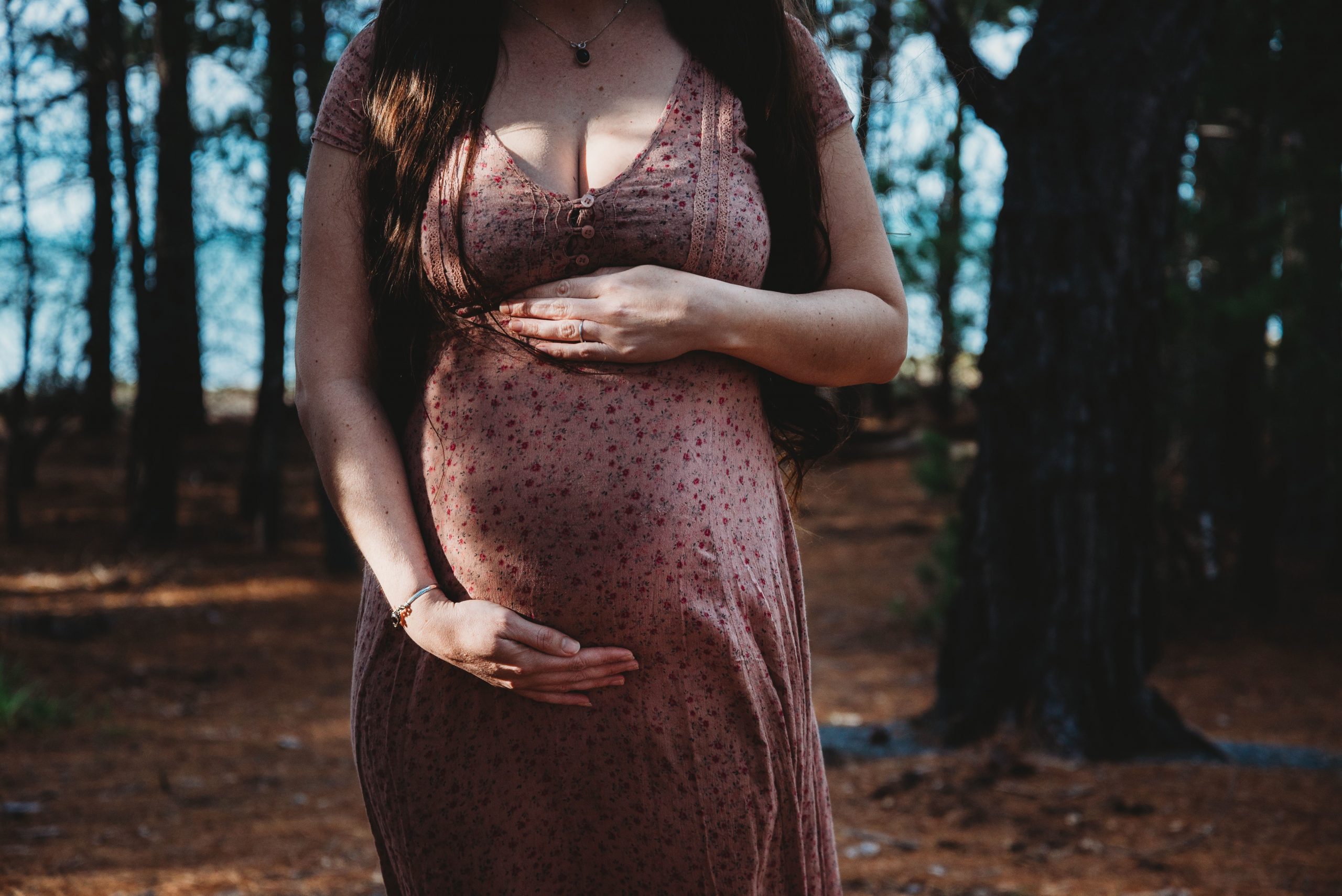Book Review- Reclaiming Childbirth as a Rite of Passage

Author: Rachel Reed
Publisher: Word Witch, 2021
Reviewers: Joanne Simpson and Tamsin Kreymborg
This is a great book on supporting natural childbirth physiology, and the Herstory of childbirth and midwifery. Rachel Reed gives a wide history about how birthing has changed over the centuries, with the role that midwives have today versus centuries ago and the changes that “advances” in medicine have had on births. One of the key messages is about trusting mothers’ innate wisdom and natural mothering, and women supporting women. While it promotes physiological birth as the best way to support the physical, hormonal and emotional changes that happen during birth, it also makes sure to point out ways in which physiology can be supported even when a natural birth is out of the equation.
In her book, Rachel Reed takes you through the stages of labour and how a woman can be more connected to the physiology of birth. She explains the benefits of mother-baby bonding straight after birth and how this helps with hormone release for breastfeeding to start. She also discusses how caregivers and family can offer rites of protection to help each stage of labour. Reclaiming Childbirth reinforces the La Leche League philosophy: “Alert, active participation by the mother in childbirth is a help in getting breastfeeding off to a good start.”
The book is easy to read, with a mixture of short personal stories to illustrate the points. The reference section includes a mixture of books, scientific journals, WHO references and the author’s previous works. It is helpful for expecting mothers, midwives, doulas, obstetricians and other birth workers. The content is fabulous in preparing to have an active role in a birth and for a mother to start trusting her instincts in labour, although there isn’t any in-depth follow-on about breastfeeding.
One of the reviewers found it a particularly enjoyable read during her pregnancy: “It has opened my eyes to more possibilities during birth and to claim it as my own experience that I can control. I found the history (or herstory as Rachel Reed refers to it) of childbirth fascinating and slightly saddening that women have had some of the rites of passage into motherhood removed from them over the centuries, but also how we can ensure that no matter what setting or choices that the mother makes, this rite of passage can still be honoured.”
This book is recommended for group libraries.
Compiled by Katie Fourie, BRC 2021.


